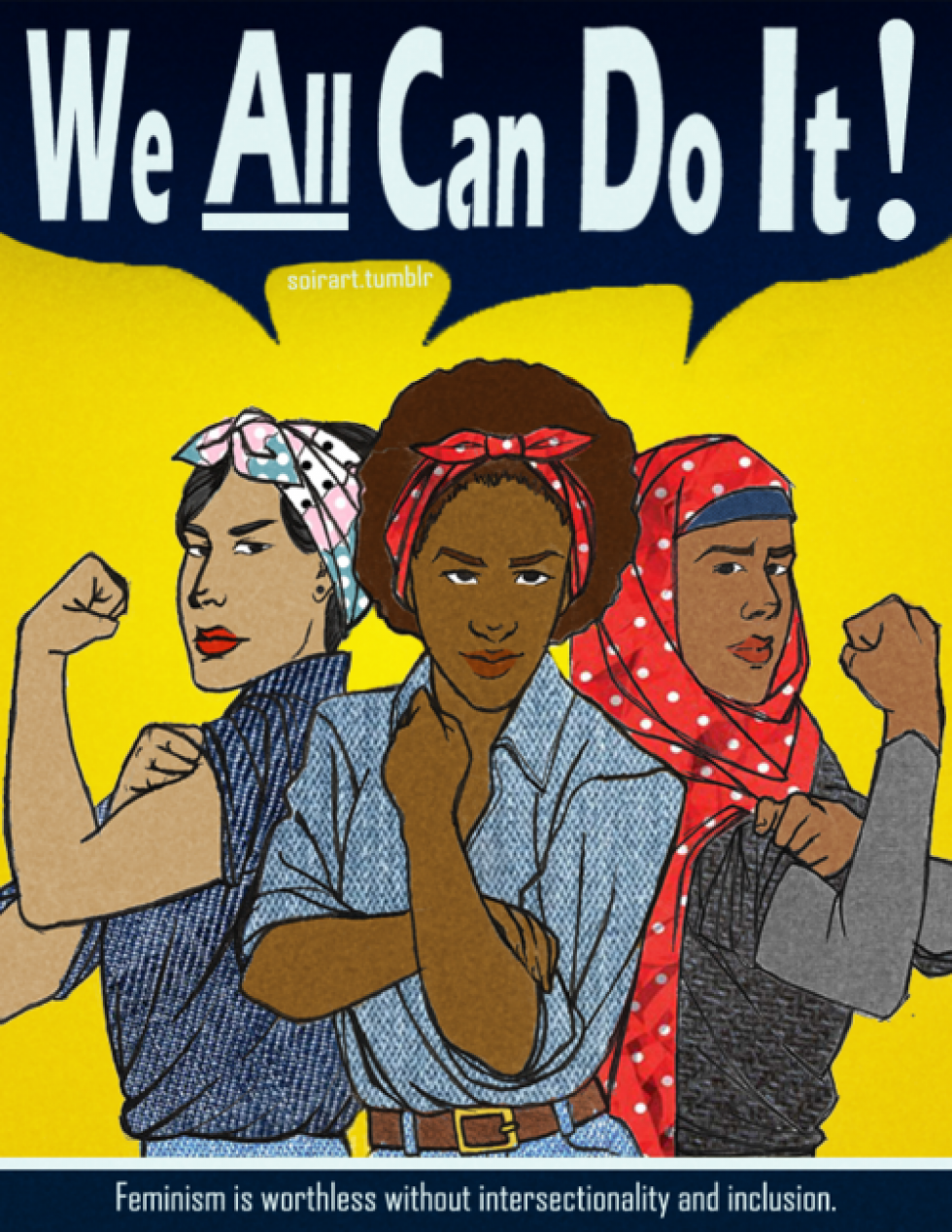Chapter 1-
This chapter starts out with Cottom describing an interaction she had at Rudean’s. Rudean’s is a nightclub located in Charlotte, North Carolina. The man eventually says to Cottom, “Your hair thick, your nose thick, your lips thick, all of you just thick.” Cottom uses this story to set up the “recurring theme” in her life. She was too thick thin, more when she should have been less. A teacher even named her “Ms. Personality.” As a result, Cottom found herself trying to fit in, and change herself to become more socially accepted. But she realizes that even the way she thought was too “Thick.” She was either “too readable to be academic, too deep to be popular, too country black to be literary, and too naive to show the rigor of my thinking in the complexity of my prose.” One day while at a conference Cottom was approached by a senior black academic, who told her, “You need to stop writing so much. They’re just using you.” Cottom later learns that the senior academic was saying that the publishing companies “were using me to darken their web hits without darkening their staff.” Cottom was in grad school at this point, and her essays were gaining a lot of attention. In fact, her first viral piece caused white women to get fired, after writing a controversial piece. Cottom was born and raised in Harlem. As a child, she was born both pigeon-toed and bow-legged. Her mother refused to get it fixed because of money and it is a painful process. Instead, Cottom grew up always hear her mom tell her to fix her feet. Cottom was forced to walk straight even though this caused severe damage to her hips and back. Cottom began to use the phrase “fix your feet” to compare it to the obstacles she faces in life to assimilate. Cottom tells us the importance of first-person essays to black women. “The personal essay had become the way that black women writers claim legitimacy in a public discourse that defines itself, in part, by how well it excludes black women.” Cottom tells us all about her grandmother, and say time and opportunity is what separates their success level.
Chapter 2-
Cottom starts this chapter by talking about the backlash she received after writing a piece on Miley Cyrus. This backlash came when she referred to herself as being unattractive. Cottom says ever since her body started developing, since age 11, her mom is very cautious and protective over her. She believes her own mother is a victim of sexual assault by the way she acts. Cottom describes her experiences in middle school where teachers always made her aware of her body in a negative way. She also learns that she does not fit the standard of beauty, through her experiences in school. Cottom tells us that the beauty standard is flexible, as long as it is white. She uses Marilyn Monroe as an example, she was the epitome of beauty before, and people are shocked when they find out she wore a size 12 dress. The pain that black women go through when it comes to beauty is shown in this chapter. She shares an example where comedian Leslie Jones jokes about herself to show the hurt she is actually going through. This all changed for her when she went to her HBCU. She was not being defined by a white standard of beauty. Cottom lets us know that when she agrees about being ugly it is symbolic violence. “When I say that I am unattractive or ugly, I am not internalizing the dominant culture’s assessment of me. I am naming what has been done to me. And signaling who did it.” Beauty is a product of capitalism. By accepting that she will never be beautiful according to white standards, its stops her from being the “slave’ of white women who wants to keep their privilege.
What do you think of Cottom calling herself “ugly”? Do you think if black women embraced this mindset it will set them free? (Respectfully)

Cottom calling herself “ugly” does not appear as a statement only on herself, but rather as a statement towards the entire black community, especially women. Outside of the sphere of white men and women, each individual is forced into the role of the “spokesperson” for the entire group. This pressure extends to even personal attacks and certain individuals will use it to establish or “justify” their stereotypes of a certain group (race, socioeconomic status, regional, etc.). Cottom faced backlash from black women as they understood how this personal issue will be expanded and impact them as well. Western beauty standards depict white traits as “attractive” and conversely portray black traits as “ugly” so Cottom’s statement would be viewed as “supporting” or “conforming” to this standard. This comment was a minor comment in the work, yet it was centered on as many black women shamed her for viewing herself in the “white gaze.” A lot of her criticism was set in the understanding that Cottom internalized the white standard, but in reality, she was responding to it and naming the impact of it on her. Her final line, “ugly is everything that is done to you in the name of beauty,” reveals Cottom’s true purpose behind calling herself ugly (Cottom 72).